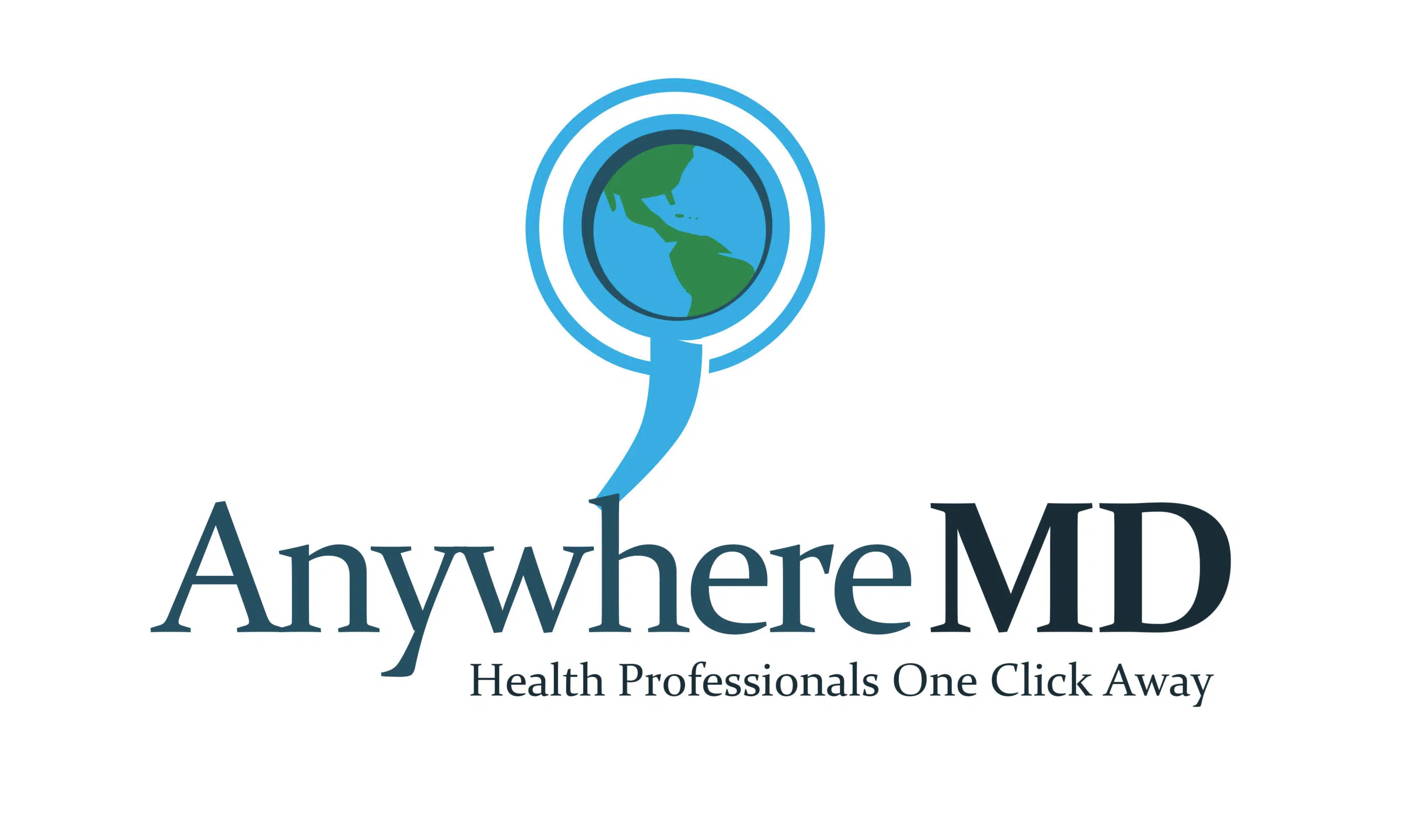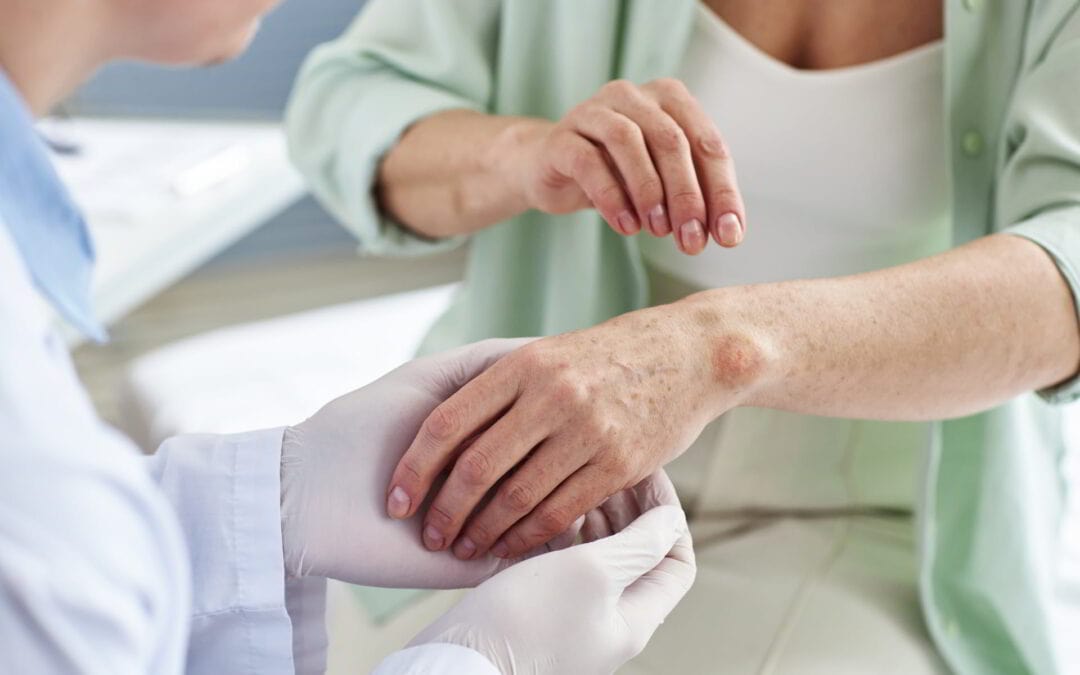You Can Get Shingles as Early as This Age
Shingles, a condition that can cause significant discomfort and pain, is often associated with older adults. However, it’s crucial to understand that this illness can affect individuals at a much younger age than many might expect. With the right knowledge and preventive measures, people can better protect themselves and their loved ones from the potential complications of shingles.
What Is Shingles
Shingles, also known as Herpes Zoster, is a viral infection that results in a painful rash. It stems from the varicella-zoster virus, the same virus responsible for chickenpox. After a person recovers from chickenpox, the virus remains dormant in the body and can reactivate years later as shingles.
- Shingles can appear anywhere on the body but typically presents as a single stripe of blisters.
- The condition is not life-threatening but can be highly painful.
- Vaccination is the most effective way to reduce the risk of developing shingles.
Shingles Risk Factors
Several factors can increase an individual’s risk of developing shingles. Age is a significant factor, but it’s not the only one. People with weakened immune systems, those undergoing stress, or individuals recovering from illness are also at higher risk.
- Stress and weakened immunity can trigger the reactivation of the varicella-zoster virus.
- Individuals with certain medical conditions or taking immunosuppressive medication are more susceptible.
- Shingles is more common in individuals over 50, but it can occur at any age after chickenpox infection.
Early Age for Shingles
Contrary to common belief, shingles can manifest in individuals as young as their twenties or even younger. While the risk increases with age, young adults and even children who have had chickenpox are not immune.
- The Centers for Disease Control and Prevention (CDC) notes that shingles can occur at any age.
- Cases in younger adults are often linked to stress or weakened immune systems.
- Early vaccination can significantly reduce the risk of developing shingles at a young age.
Shingles Symptoms to Watch For
Recognizing the symptoms of shingles early can lead to quicker treatment and reduced risk of complications. Symptoms often start with pain, followed by a rash that develops into itchy blisters.
- The rash commonly occurs on one side of the body or face.
- Pain, tingling, or itching sensation precedes the rash.
- Fever, headache, and fatigue can accompany the rash.
Preventing Shingles
Prevention is key when it comes to shingles. The shingles vaccine is recommended for adults over the age of 50, but those with a higher risk might consider it earlier.
- The vaccine has proven to be the most effective method to prevent shingles.
- Healthy lifestyle choices can also support a strong immune system.
- Regular check-ups with a healthcare provider can help manage risk factors.
Treatment Options for Shingles
If shingles does occur, several treatments can help manage symptoms and reduce the duration of the virus. Antiviral medications are most effective when taken early in the course of the illness.
- Antiviral drugs can help speed up recovery and reduce the severity of symptoms.
- Pain relief can be managed with over-the-counter or prescription medication.
- Cool baths, wet compresses, and calamine lotion can provide symptom relief.
Complications of Shingles
While shingles itself can be managed, it can lead to complications, especially in older adults. Postherpetic neuralgia (PHN) is the most common complication, causing long-term nerve pain where the shingles rash was present.
- PHN can last for months or even years after the rash has healed.
- Vision loss can occur if shingles affects the eye.
- Neurological problems, including encephalitis, can arise in severe cases.
Shingles Vaccination Age Guidelines
The CDC recommends the shingles vaccine for all adults 50 years and older, including those who have previously had shingles or received the chickenpox vaccine. Younger individuals, particularly those with weakened immune systems, may also benefit from vaccination.
- The vaccine is available in two doses, spaced two to six months apart.
- Even those who have had shingles can receive the vaccine to prevent future occurrences.
- Discussing vaccination with a healthcare provider can help determine the best time for vaccination.
In exploring the topic of shingles, it’s clear that awareness and preventive measures are crucial at any age. Understanding the risk factors, symptoms, and the importance of vaccination can empower individuals to take proactive steps in managing their health. Shingles does not discriminate by age, and with the advancements in medical science, individuals have the tools to protect themselves effectively.
Key Takeaways for Understanding Shingles
- Shingles can affect individuals as young as their twenties, not just older adults.
- Stress, weakened immune systems, and certain medical conditions can increase the risk of developing shingles.
- Early recognition of symptoms and prompt treatment can significantly reduce the risk of complications.
- Vaccination is the most effective preventive measure against shingles, recommended for adults 50 and older, but may also benefit younger individuals at higher risk.
Frequently Asked Questions
1. Can you get shingles more than once? Yes, it’s possible to get shingles more than once, although it’s not common. Vaccination can help reduce the risk of recurrence.
2. Is shingles contagious? Shingles itself is not contagious, but the virus can cause chickenpox in someone who has never had chickenpox or received the chickenpox vaccine.
3. How long does a shingles outbreak last? A shingles outbreak typically lasts 3 to 5 weeks. Symptoms usually peak around the third week.
4. Can stress cause shingles? Yes, high levels of stress can trigger the reactivation of the varicella-zoster virus, leading to shingles.
5. Should young adults consider the shingles vaccine? Young adults, especially those with weakened immune systems or chronic health conditions, may benefit from the shingles vaccine. It’s best to consult with a healthcare provider for personalized advice.

